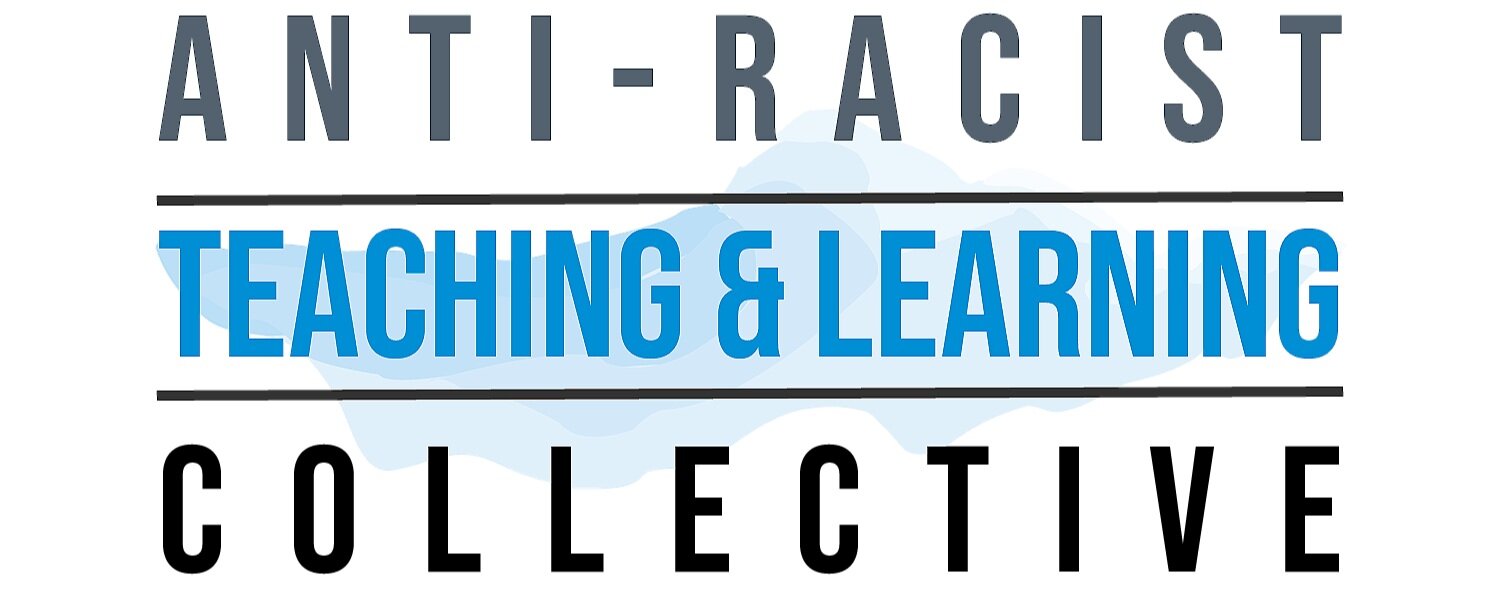Two Students Reflect on their Experiences in the Black/Latinx History Course
By Mark Hu
Recently, I had the opportunity to sit down with two students at a Connecticut High School about their experiences taking the pilot Black/Latinx history course. To protect the identity of the teacher and students, we only list their initials below. The interview has been edited and condensed for length and clarity.
MH: What made you interested in taking the course?
JD: My inspiration came after seeing the events of 2020 and learning more about past injustices towards minorities in America through my church.
HM: I’ve always been interested in the history of people’s stories in America and across the globe. When I heard the course was rolling out, I wanted to take it to learn more stories of minority people in America.
MH: What was your biggest takeaway?
JD: Events occurring over the past hundreds of years have shaped our opinions on race and diversity today. The attitudes will keep changing over time as more happens in the country.
HM: I was able to learn that everything is connected somehow. Each new policy implemented and action taken will uniquely impact something else, showing intersectionality and relation.
MH: Is there anything you would improve about the class in general?
JD: While the focus on racial history was great, the level of content transparency wasn’t. It seemed as if we were only there to sit down, learn a bit, and then leave without a solid idea of what was next in the unit.
HM: We needed to learn more about the positives in African American and Latino history. It seemed as if we focused more on the struggles of each marginalized group, instead of what their accomplishments were.
MH: Concerning what we spoke about, let’s dive into the curriculum. In terms of course content, do you think that it was thorough enough?
JD: I don’t think the class focused enough on Latino history. Black history took up most of the course, and we only brushed on Latino history a few times a week when not in a Latino history unit.
HM: Agreeing with JD and going off his comment, it seemed that topics got rushed. We never got an in-depth look at any particular subject. It was as if the district designed the class to check the boxes of what we had to be introduced to and then do nothing more.
MH: Do you think the teacher’s technique was effective?
JD: The teacher was very good at his craft, given he had never taught the class before. His way of teaching, pausing to describe the context, and then allowing us to discuss gave us a deeper look at the topic. That was my favorite part of the course.
HM: I liked the teacher's technique. He made the class more discussion based and wanted to see what we were able to learn. Though, it felt like the teacher was still learning to teach the course while instructing it. It was as if we were both learning at the same time. It was not the fault of the teacher. It was definitely a training issue from the higher-ups, given the teacher's lack of prior experience teaching the class.
MH: With that in mind, did the course content encourage you to take on bigger things?
HM: As I said, the class was only surface level. I’ve been motivated to learn more about Black and Latino history and to have civil conversations with others about the topics in the course, like race, diversity, and policy.
JD: I refreshed my knowledge of national and regional activities during the Civil Rights movement, inspiring me to be more active in my community. From cleanups to volunteering in soup kitchens to attending protests, I have a new sense of motivation.
MH: Do you think it is appropriate to expand similar courses across more of the country?
JD: Yes, it is appropriate. Through doing so, we will be able to educate a broader audience of children.
HM: It is appropriate, given that it is an opportunity for students to learn more about their history as an American. It’s a chance for people to expand their knowledge and learn from a new perspective.
MARK HU is junior at his Connecticut public high school and actively involved in education issues locally.
